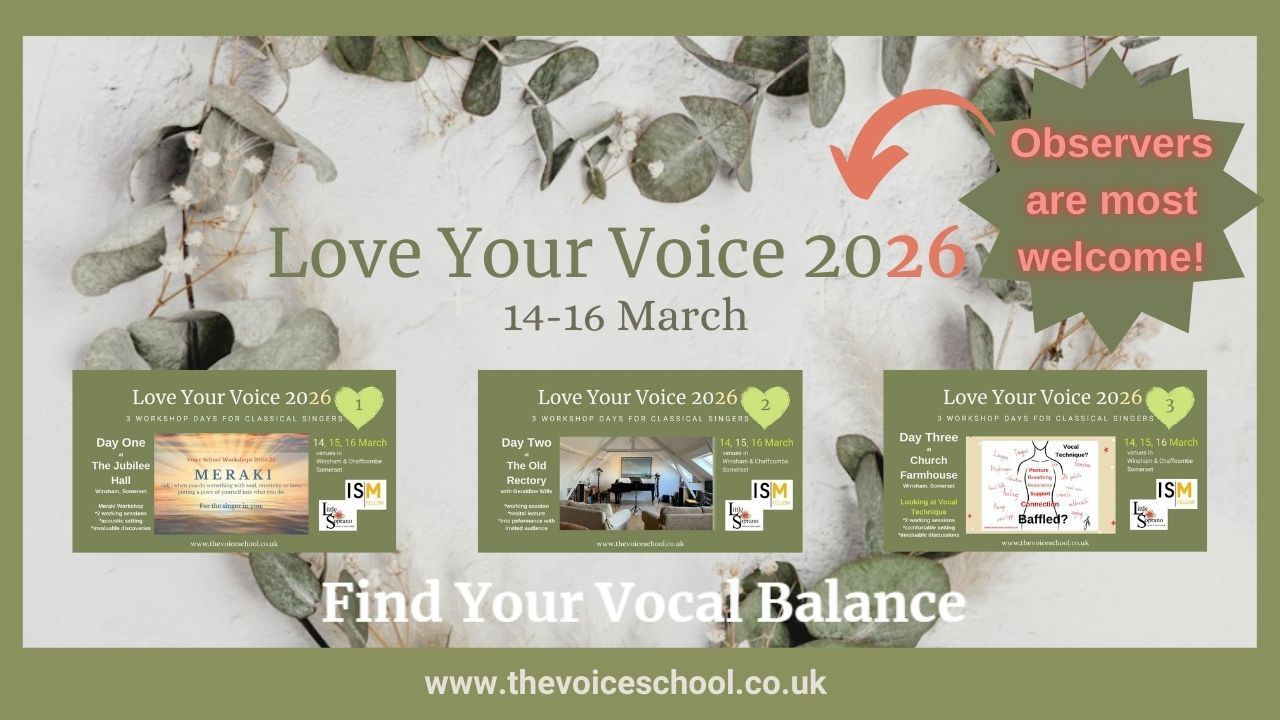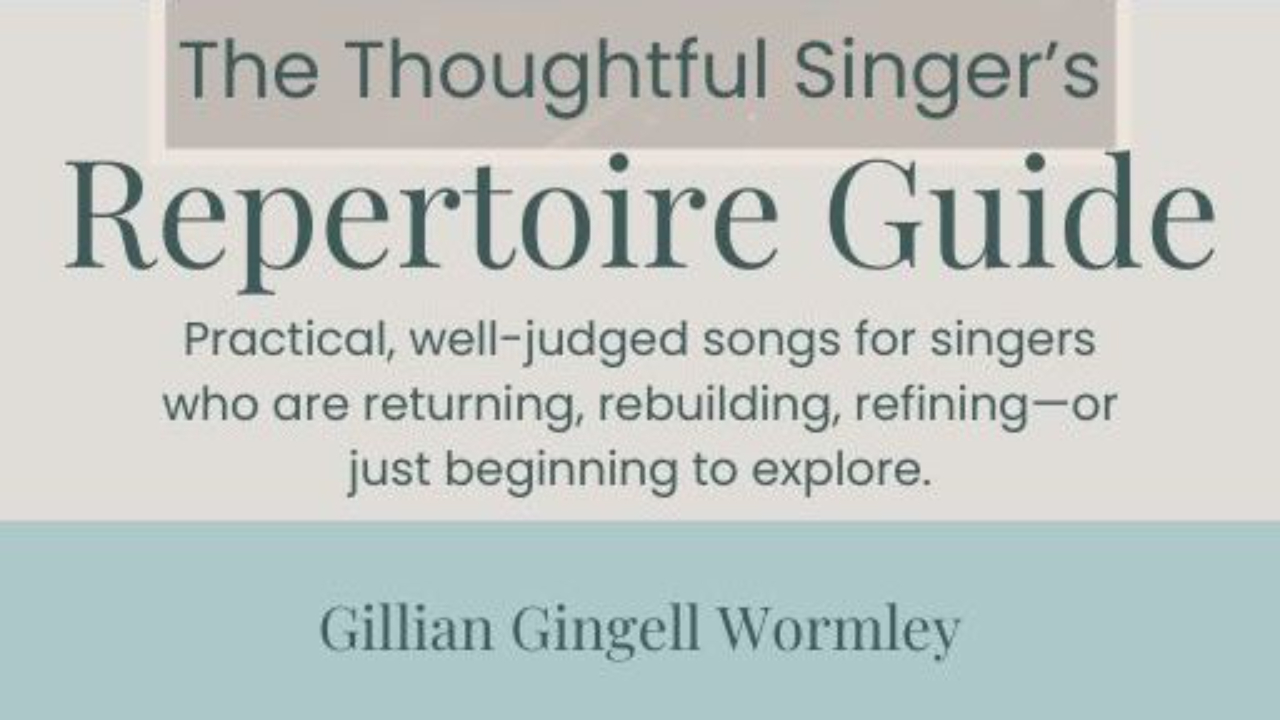Improve your classical singing voice: mind your Ps & Qs
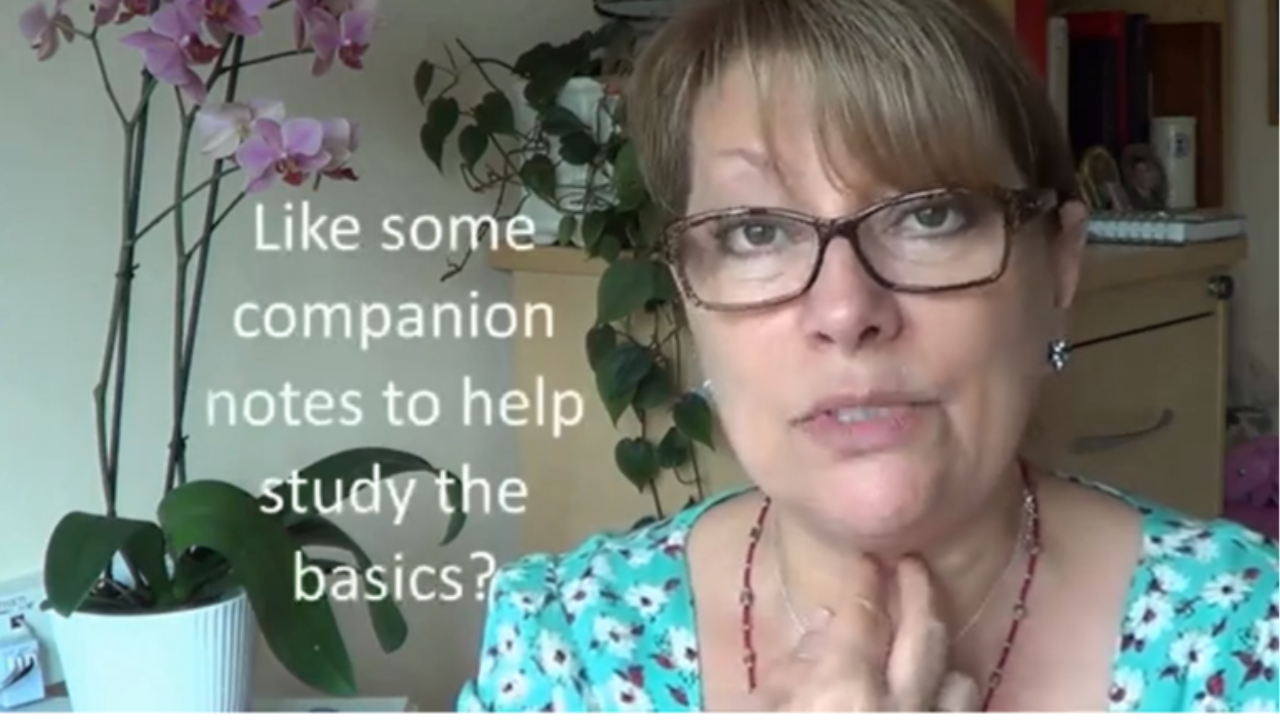
In this video ... a short introduction to the knotty problem of how consonants can sabotage your sound.
Everyone expects to sing vocal exercises on vowels, right? But not many singers will spend time examining how their consonants are formed, and how the articulators play their part.
For classical (if not all) singers, vocal technique issues around the interaction between vowels and consonants - and the relationship they have when it comes to maintaining the breath and keeping a constant airflow to the source of the sound - continue to be a source of frustration.
Understandably, singers become primarily preoccupied with their sound - thinking mostly in terms of ‘support’ and ‘vocal tone’, underpinned by such considerations as ‘breathing’ ‘onset’ and ‘resonance’, and good use of vowels to carry it along.
Yet, getting to grips with the finer details of say, the articulatory system and perhaps where associated weak links can lurk, can be a bit vague - perhaps rather hit and miss.
...How to free your classical singing voice

In any language, the tongue is a mighty muscle - and I’m sure if a cat (big or small) could talk, he or she would be truly proficient in its use.
Can’t you just picture that?

Photo by Isabella Jusková on Unsplash
A while back, according to Facebook, this topic was most popular - lots of likes. Everyone loved the picture of the big cat. What’s not to love? But hey! What about the content?
I’m known for talking a lot about vocal technique basics. So essential, and yet in the scheme of things often very overlooked, with students wanting to rush on to the more complicated and glossy stuff.
Singers too need to know their way around the ins and outs of nifty tongue use. Not only for clarity of diction and language but also to have a firm understanding of likely causes of vocal fatigue and related problems to do with limited vocal range and more.
How much tension do you think you hold in your jaw? I know I’ve said this before, but it translates to many vocal frustrations: lack of ran...
Classical Singers: Learn more about Posture, Breath and Support
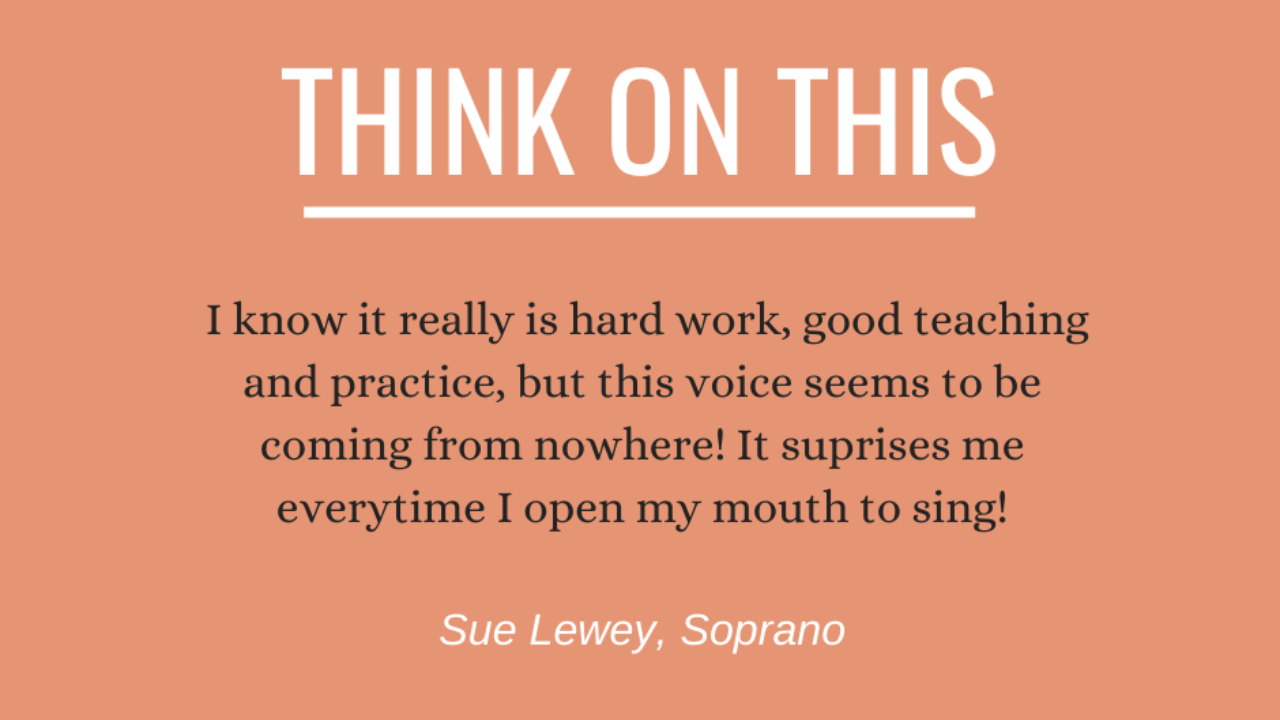
The more I teach, the more my own understanding as a singer grows.
A brilliant bonus from teaching something well is that you get to repeatedly learn the details and deep dive alongside your students and re-examine processes. Learning by doing. It's an excellent by-product - a wonderfully harmonious, serendipitous result.
Learning how to sing well, and with confidence is not a journey you can embark upon with impatience. It IS going to take time, especially if (as I am) you're invested in the longevity of the voice you already have.
Remember that the JOY is IN the journey, every step of the way, exploring the twists and turns - joining the dots as you go if you like.
What's in the video above... Posture, breath and support: go with the flow
The skill of singing well lies in patience, in practising little and often and with focus - and with great guidance or mentoring. A further secret also lies in appreciating what the body naturally wants and is equipped to do and by not ...
Sunday Musings (in pursuit of classical singing)

From the Little Soprano archive.
Originally written one Sunday morning, almost ten years ago, the comment it makes is still as pertinent as ever, especially for new or beginner singers, or those who have a penchant to return to classical singing.
August 2014
I read the quote below earlier this morning and paused to think on it a while.
I love to sing - everyone knows that - but I also love to write, and that love goes way, way back to before I ever sang a note. It was, I think my love of words that lit that first little singing flame. A beautiful marriage between verse and music. I was clearly thinking about singing at quite an early age ...

I’m not fearful of my singing path; I’ve pursued my craft tenaciously, very conscious of the journey and the absolute need to improve, spurred on by the excitement of improving ability and the lure of achieving my goal. But writing is something else - ultimately far more private. I’m more fearful of failure when I write.
Yet my love of word...
How do you learn classical singing?

Where do you start, learning how to sing classically?
You've got to want to do it - be excited and curious enough to get on board.
The vocal journey has a very human beginning and it is good to remember that. At the heart of all we do as singers, is the joy of making music and the release of self-expression. Sharing with others is vital to the learning experience, because it provides a solid base for exchange, observation and mutual support.
Also, there is no quick fix - no singing teacher worth their salt has a magic wand. You - the singer in you - has to be bitten by the I-want-to-sing-classical-song bug for the duration and be lit up by it over and over again.

I remember years ago, watching a television advert, where an old lady taps a police officer on the shoulder in the street and asks,
“How do I get to Carnegie Hall?”
The officer answers with a wry smile, “Lady, you gotta practice!”
And he was right. Like anything else, you have to want to do it enough and put your...
Vocal basics every beginner classical singer should know.
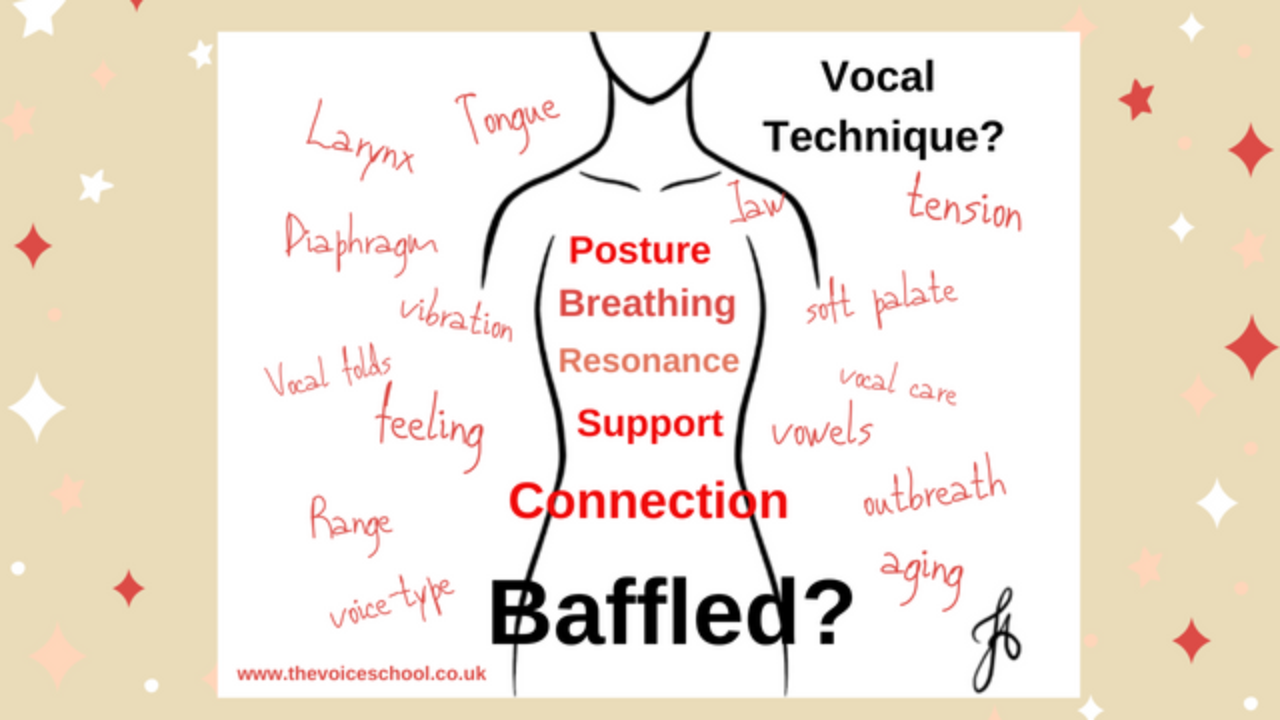
In 2020, I bought a new and interesting book, the delights of which I hardly had time to delve into amid all the extra online Virtual Studio classes and other activities, created by COVID-19 and the human desire for people, singers, to seek to connect.
The book had been sitting on my desk in the study since mid-June that year. Seeing it still there one day, I thought to remind myself why I bought it in the first place. Glancing at the back cover told me everything I needed to know.
"Somatic learning ... through the practice of these methods, a person can become more sensitive to the quality of his or her movement and more integrated in their co-ordination."
Ah - of course! It had to do with POSTURE and more importantly the habits (good and bad) which underpin everything we try to achieve as singers. Vocal Technique-wise, posture is the first of the 3 essential pillars that I talk about in my YouTube technique tutorials, particularly the Vocal Warm-ups.
(The book has a lovel...
Singers: How should we practice?
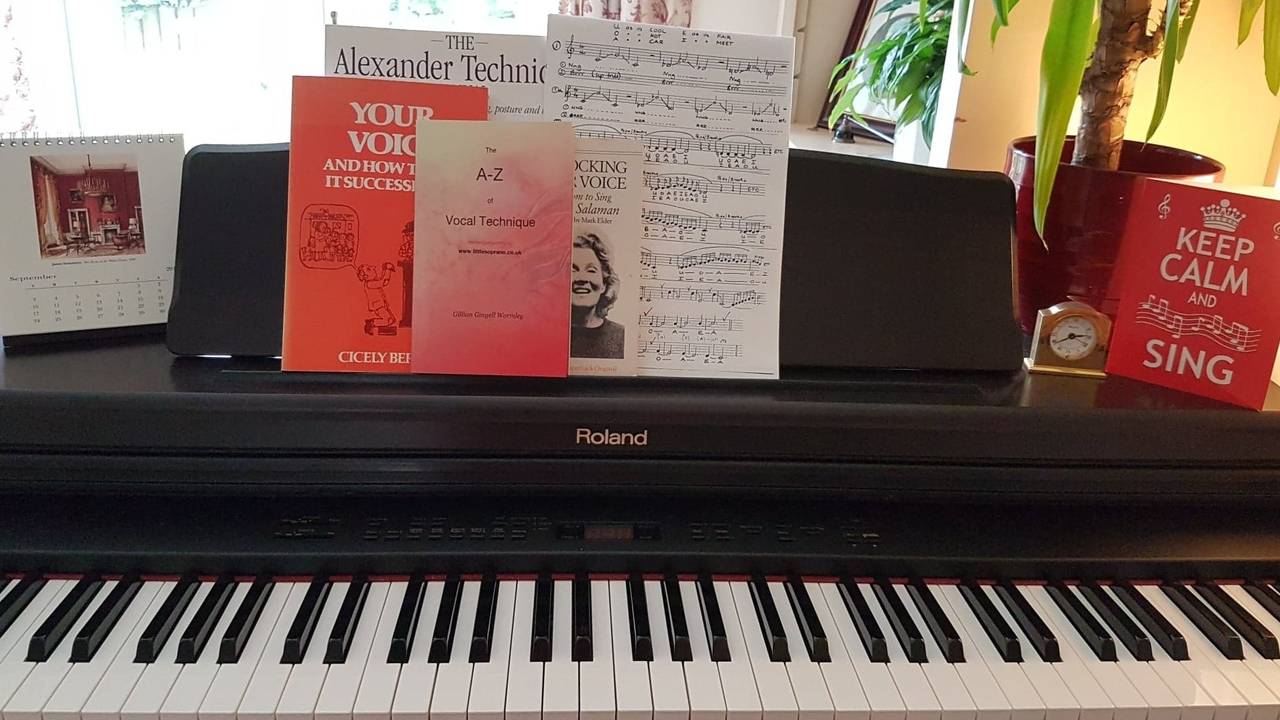
In other words: practice certainly, but focus. So, just how should you practice singing?
Let me first tell you about this. It's worth thinking about, especially when it comes to muscle memory. Some years ago, I came across an excellent post in a roundabout way as you do, pulled in by its title:
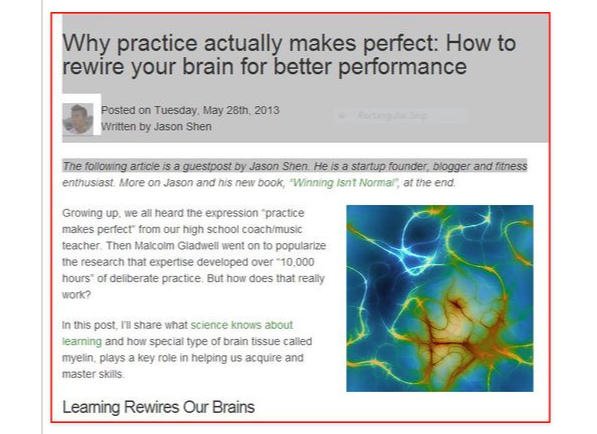
You can see why can’t you? Learning rewires our brains. I was thinking of singing/performance. So I clicked the link to have a good read. (Tip - It's still a good read, even now.)
Funny how these things can pull together fragments of your life, personal and professional. I started thinking about my little daughter, Alice and the problems she had had with Leukodystrophy. But that's another story.
Soon I was deeply engrossed in fully understanding the important role myelination plays in our gradual acquisition of skills, thanks to Jason Shen’s clear explanations and diagrams.
But then, another pathway of understanding opened.
As a vocal teacher, I always advocate embracing new learn
...Breathing for singers: the ins and outs of it.

One of my teachers, Ilse Wolf, would always talk about ‘singing on the breath’.
Back then, I really didn’t have a clue what she actually meant. I would quietly listen while she explained, while she showed me diagrams in books that had pretty much been worn out by her fingertips over the years, as she pointed out the movement of AIRFLOW in the body as we breathe in and sing OUT.
But that was more than 30 years ago - and now I so GET everything she was sharing with me.
She meant: focus on the out-breath.
I didn’t understand then, but I’ve pursued my learning journey to the point where I now teach the same principles, just as she did then, to all my own singing students.
This infographic is a favourite of mine because it provokes thought. It also gives a hint of what is truly involved in the rather paradoxical ‘breathing mindset’.
But, in truth? It’s the tip of the iceberg.

There’s the fear that since breath is always escaping, it needs to be controlled by
- getting masses...
Singers: Love Your Larynx

The importance of learning all this vocal technique stuff is seeing the bigger picture.
I know lots of new singers are frustrated by vocal technique. In a PDF guide linked beneath my YouTube video, I outline 5 essential vocal tools that really matter in the long haul for vocal health. Muscle-memory-building tools that you rely on the most in the basic use and care of your unique voice. Go grab your free PDF copy and learn more.
Getting to grips with the basic vocal roadmap is paramount ie the scientific reasons why/how the vocal process works so you can work out what is going wrong or RIGHT at any time.

Of course, it isn’t as simple as that … well, it IS actually. In part.
A paradox!
I love to teach my students to self-scrutinise. I give them enough vocal instruction and learning to enable them to feel confident as they experiment along the way. It’s like watching a tight bud unfurl and come into bloom. It’s wonderful.
What’s of the greatest value is the discussion and...
The Serendipity Project for Singers

Serendipity sounds beautiful …
For singers, the meaning can be beautiful, too.
The Merriam-Webster Dictionary website defines “serendipity” as “luck that takes the form of finding valuable or pleasant things that are not looked for.” So serendipity is a happy accident. It comes from being in the right place at the right time.
I’m launching The Serendipity Project as a new idea/area of study for the 2022-23 academic year and on 7th - 10th October we're kicking things off with an inaugural residential weekend workshop for singers at Church Farmhouse, Winsham, in Somerset, UK. This is a well-beloved venue, where many such workshop weekends have been held.
Thank you so much for an excellent weekend in such a perfect setting. My love of singing has been an important part of my life for 50 years or so, interfered often by work! I found your encouragement, advice and praise very stimulating and has given me more confidence in solo work and inspired me to widen my repertoire. Of course,...


